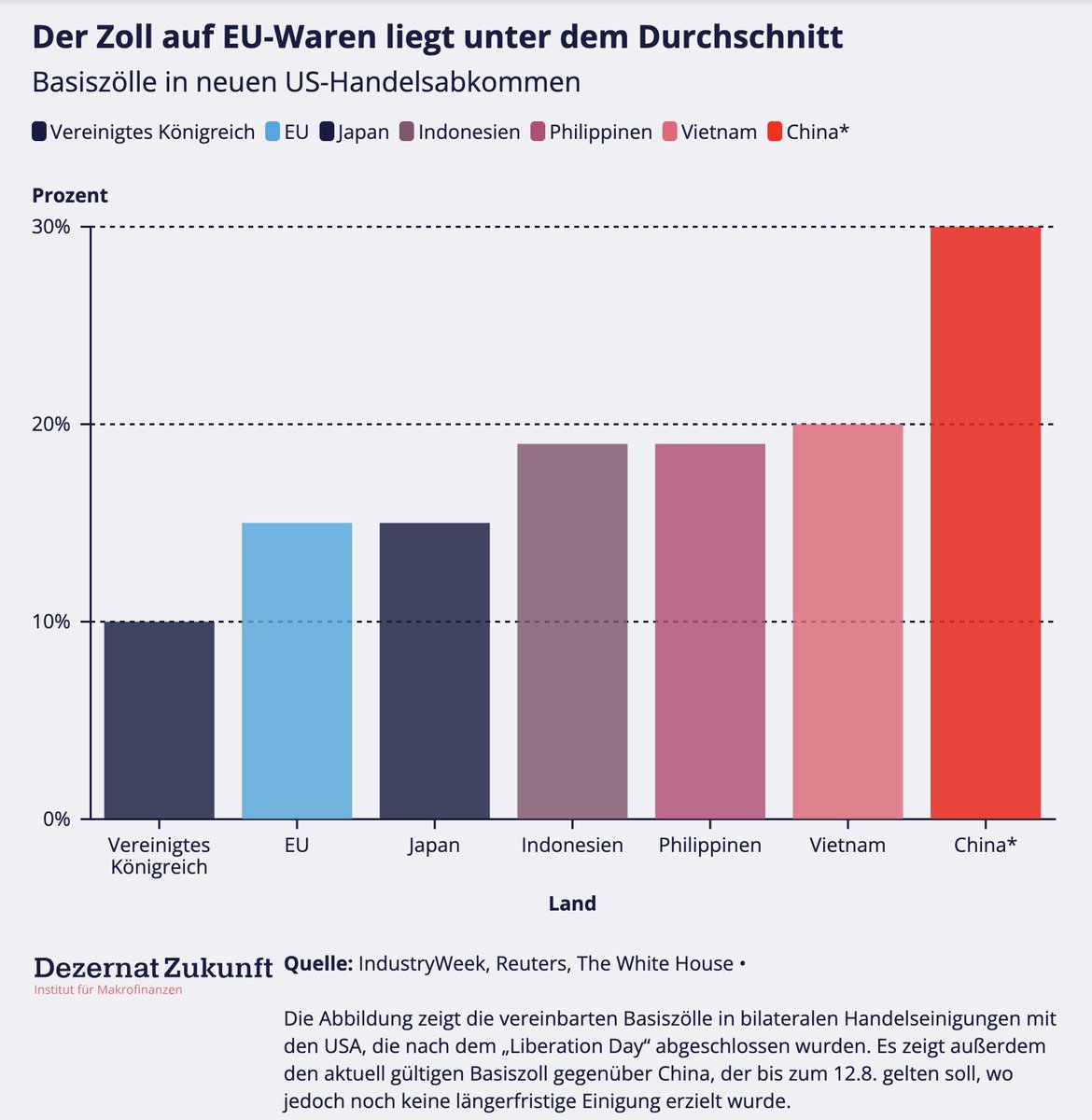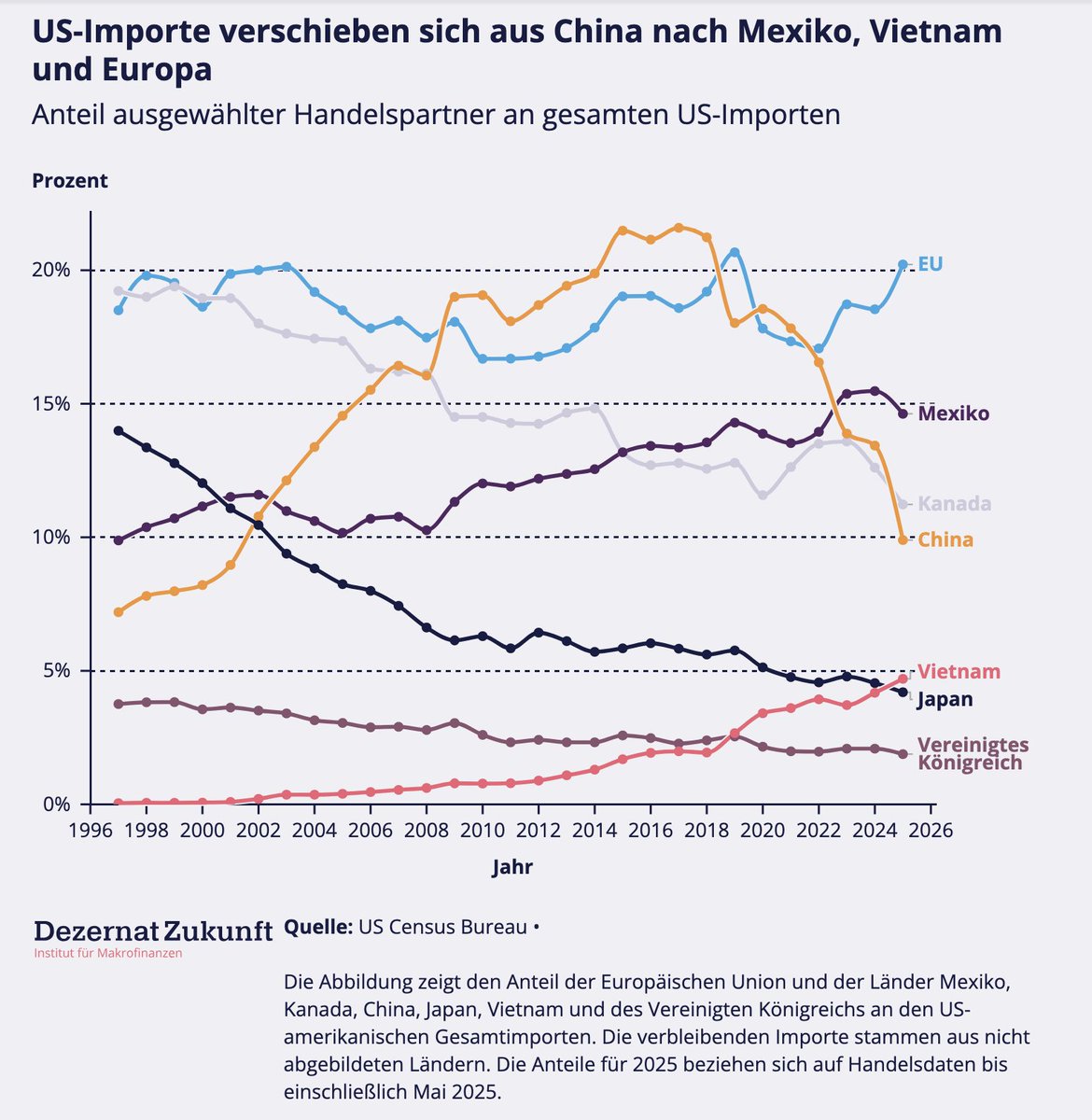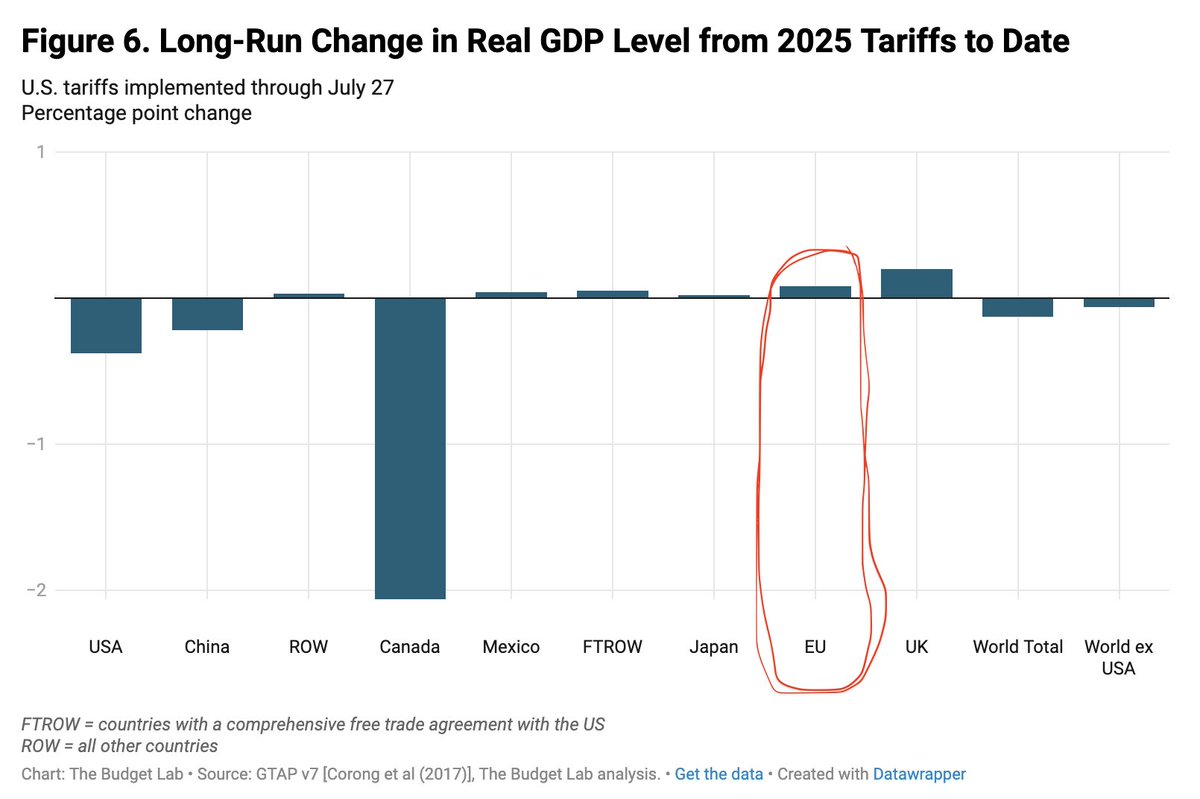Delighted to say that @nullnein and I won second prize in the @demokratieghst essay competition (ghst.de/essaypreis/)! The essay will be published in @wiwo the coming weeks, hopefully in German and English. In the meantime, here’s a rough sneak peek at our argument (1/n):
Capitalism and democracy have a complicated relationship. Particular institutional and normative settlements have stabilised it in the past, but none durably so. We sketch 1) the current settlement 2) how we got here 3) why it's failing/flailing and 4) what might come next (2/n)
What’s the current settlement? Many details matter. We zoom in on fiscal-monetary-political nexus. Core feature: independent central banks exercising “governance over gvts”. But CBs=veto players not true sovereigns, ltd by thr mandates/tools. Result: nobody truly in charge (3/n)
How did we get here? 1970s, Nixon closes gold window + Great In/Stagflation = “Democracy can’t handle its own money.” Ulysses & the sirens, solution => self-bondage to the mast, surrender control, central bank independence w inflation mandate. (4/n). 

But CBs experienced mission creep. Turn to credit driven growth model (@luciobaccaro and Pontusson) leads to recurring financial crises (Minsky). B/c credit essential for growth, bailouts needed. Only CBs have unltd firepower, hence bigger & bigger burden falls on them. (5/n)
Mission creep drives failing & flailing of current settlement: more and more consequential decisions taken by CBs. Also: financial markets, not democracy, revealed as main drivers of instability. Justification of CBI => hollowed out. (6/n)
Plus: unprotected treasuries, deprived of market-shielding formerly offered by CBs, unable to tackle big issues (inequality, insecurity, climate, etc). Depoliticisation creates fertile ground for destabilisation of mainstream politics. (7/n)
So what should be done/what next? Re-politicise & democratise central banking! As @stefeich and @adam_tooze show EVERYONE hated inflation in 1970s and still does today. This is a key(!) insight. Means we can put CB back in political process w/out fearing inflation explosion.(8/n)
Will it be a smooth ride? Probably not. Will it solve every problem? Definitely not. But it’s not like we’re merrily cruising along right now. And in our financialised economies, the governance of money is the lock and key to many an issue. (9/n).
What does democratising central banking look like in practice? One idea: sunset clause on mandates. Let them lapse & renegotiate (or renew, if all good) every 7-10 yrs. For more ideas: check out @DezernatZ & friend’s AfterCorona ideas on this: ideasaftercorona.de/tag/democratic… (10/n)
That’s the rough/simplified argument. Excited for the full version to appear soon! Big thanks @nullnein for being a fantastic coauthor, @stefeich for valuable feedback, and to him & @adam_tooze for that key research on the Great Inflation. If you havent yet, read their essay! end
p.s. link to the Eich & Tooze essay here: adamtooze.com/2020/05/16/cra…
• • •
Missing some Tweet in this thread? You can try to
force a refresh















